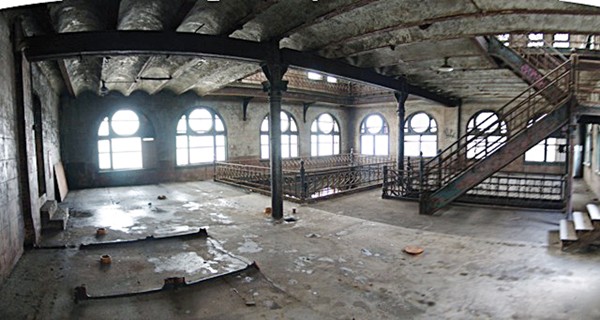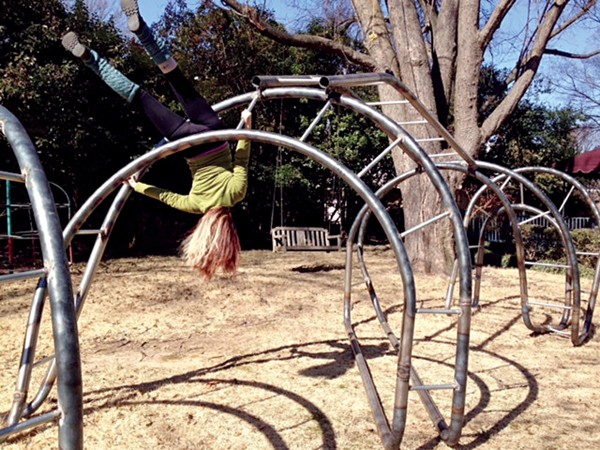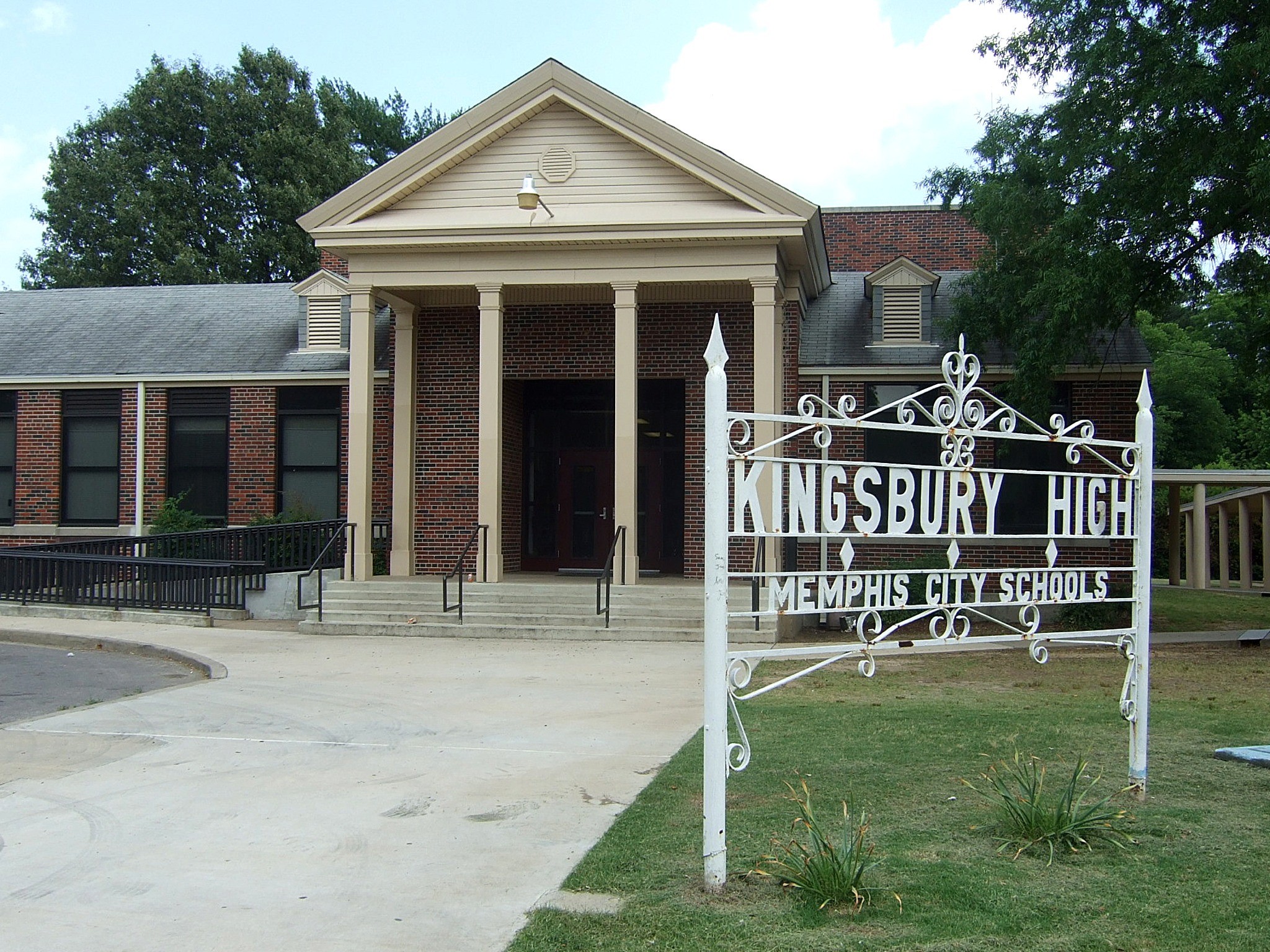
Exterior of the Tennessee Brewery building
In 2003, the Flyer ran two articles — one in April and one in December — about an ambitious plan to transform the old Tennessee Brewery into affordable living and working space for artists.
A group of local artists calling themselves ArtBrew had enlisted the help of Minneapolis-based ArtSpace, a nonprofit with a successful track record of helping artists convert historic spaces into apartments and studio space for artists. And the plan had the backing of the Center City Commission (now known as the Downtown Memphis Commission).
ArtBrew artists had a vision of constructing apartments inside the building, and those would be reserved for working artists who were otherwise priced out of the downtown housing market.
“The remainder of the brewery’s rooms would be converted into a number of arts-related spaces: a dance studio, a cinema, various studio spaces, gallery and exhibition space, nonprofit and for-profit commercial and retail office space, a media cooperative, a publishing cooperative, an iron-forging shop, arts classrooms and workshop space, and possibly even a microbrewery to revive the building’s heritage,” read the April 2003 article.
ArtSpace representatives came to Memphis to meet with the project’s backers, and ArtBrew was asked to raise $500,000 to get the project kicked off. But according to the building’s current listing agent James Raspberry, the group simply couldn’t raise the startup funds.
More than 10 years later, the hulking brewery building, once home to the Goldcrest beer operation, remains empty. This building is a time capsule of Memphis architecture.

Interior of the Tennessee Brewery building
“Look up and you see wrought-iron railings of the open, winding staircases that frame each floor. The windows were strategically placed so that natural light floods in, throwing ornate shadows from the decorative latticework of the railings,” reads that April 2003 article. “It was once the site of a bustling beer industry, and hundreds of feet traversed that very floor each day. The worn concrete, scattered with flakes of rust, seems to welcome new feet after years of abandonment.”
But Raspberry said the building’s current ownership group has plans to demolish the 114-year-old structure if someone doesn’t step in to purchase it in the next six months.
“At this juncture, someone needs to purchase the property. The ownership group is ready to hand off the baton,” Raspberry said.
The current owners purchased the building 12 years ago, and they’ve repaired the south wall and installed a new roof, but Raspberry said “kids have gone through and just vandalized the building and ruined two to three sections of the roof.”
As for ArtSpace, they finally found a feasible project in Memphis in 2011. They’re currently working with the city to transform the old United Warehouse space on St. Paul in the South Main Arts District into affordable home and studio space for artists. The project is still in the pre-development phase and is estimated to cost $12.9 million. ArtSpace has made an application to the state for low-income housing tax credits, and they’re currently awaiting a response before moving forward with the next phase. The project is expected to be completed by 2015.
 Sarah McAlexander
Sarah McAlexander  Mary Long
Mary Long 
 Joachim Eckel | Dreamstime.com
Joachim Eckel | Dreamstime.com 
